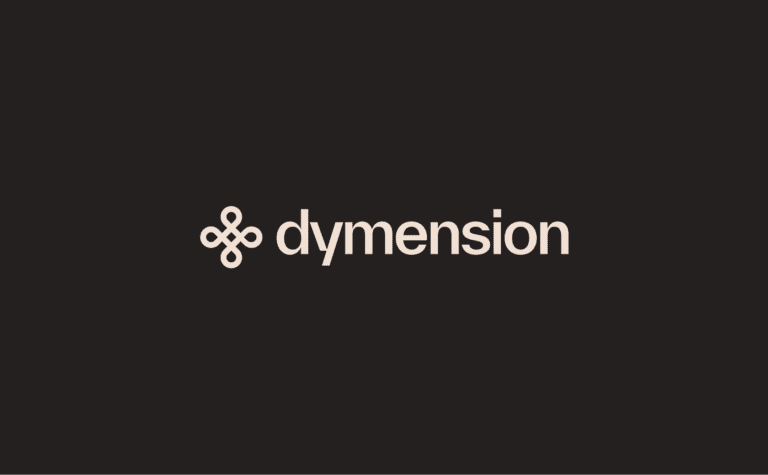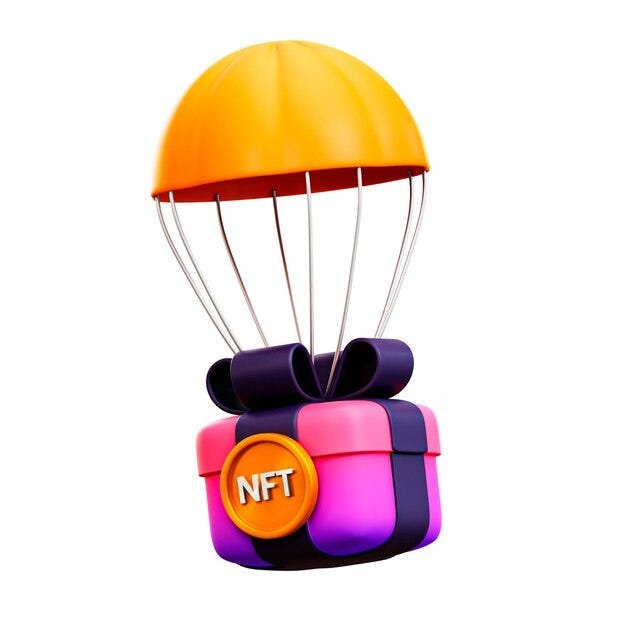Lorem ipsum dolor sit amet, consectetur adipiscing elit. Ut elit tellus, luctus nec ullamcorper mattis, pulvinar dapibus leo.
Lorem ipsum dolor sit amet, consectetur adipiscing elit. Ut elit tellus, luctus nec ullamcorper mattis, pulvinar dapibus leo.
5.00 (1 Rating)
About Course
Explore Injective Protocol (INJ), a groundbreaking DeFi platform empowering users to trade and create decentralized derivatives. Dive into the world of decentralized exchanges, derivatives markets, and the limitless possibilities of INJ. Whether you're a DeFi enthusiast, trader, or blockchain innovator, discover how Injective is shaping the future of finance.
Course Curriculum
Course Introduction
Welcome to the exciting world of Injective Protocol! This course has been meticulously designed to provide you with an in-depth understanding of the Injective Protocol, its unique features, mechanics, and its role in the ever-evolving landscape of decentralized finance (DeFi).
Whether you are a blockchain enthusiast, a cryptocurrency trader, or simply a curious learner, this course will equip you with the knowledge and insights you need to understand and navigate the Injective Protocol.Throughout this course, we will dive deep into the purpose of the Injective Protocol and the problems it aims to solve in the blockchain space. We will explore its key features such as peerto-peer trading, zero gas fees, and fast transaction speeds, and break down complex concepts
into easy-to-understand parts.We will also delve into the mechanics of the Injective Protocol, including its layer-2
decentralized exchange infrastructure and its use of Ethereum as a base layer. We will discuss the role of the Injective Token (INJ) within the Injective ecosystem, its use for governance and
staking, and how to use the Injective Protocol for trading.Furthermore, we will explore the concept of insurance on Injective, compare Injective with other
networks like Ethereum, and provide resources for further learning for those who want to continue exploring the world of Injective Protocol.By the end of this course, you will have a comprehensive understanding of the Injective Protocol, its unique features, and how it fits into the broader DeFi ecosystem. You will be able to
confidently engage in discussions about Injective, make informed decisions about trading on the Injective Protocol, and have a firm foundation for further exploration and learning in this
exciting field.So, are you ready to dive in? Let's embark on this exciting learning journey together!
Key Features of Injective Protocol
Here we will go over some of Injective key features like Peer-to-Peer trading, zero gas fees and fast transaction.
The Mechanics of Injective Protocol
Learn what the Injective protocol is and how it works.
Comparing Injective to Other Networks
In this section, we will compare Injective Protocol with one of the most popular blockchain networks, Ethereum. This comparison will help you understand the unique advantages and potential challenges of Injective Protocol.
Further Resources
Hi, Welcome back!
Lorem ipsum dolor sit amet, consectetur adipiscing elit. Ut elit tellus, luctus nec ullamcorper mattis, pulvinar dapibus leo.
If so, sharing our website would be a great way to support us. Every share helps us reach more people and continue providing quality content.
Explore More Learning Opportunities
« Previous
Next »





